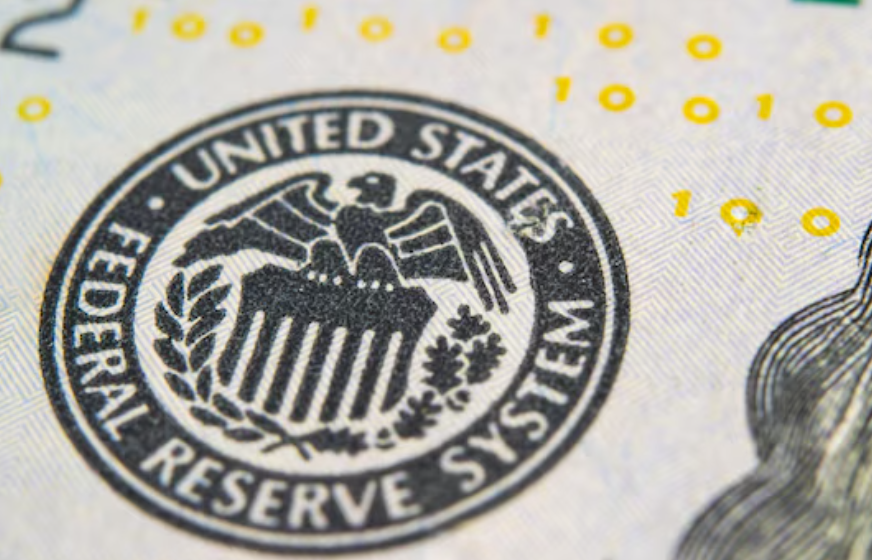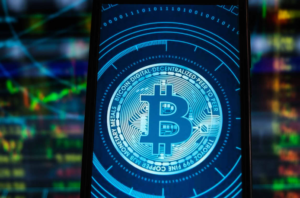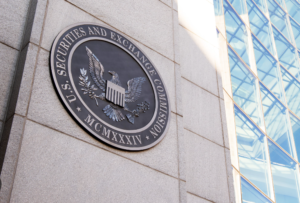$SPX $DJIA $BTC
#stocks #inflation #powelections #cryptocurrency #marketvolatility #NASDAQ #FederalReserve #investing #cpi #equitymarkets #economicnews #ratehikes
Post-election optimism surrounding U.S. equities has been tempered amid growing market anxieties about rising inflation data released this week. Early enthusiasm, following the political outcome that many anticipated would benefit the equities market, appears to have hit a wall as worries about sustained inflation are front and center once again. This data revealed that inflation is still more persistent than hoped, raising concerns that the Federal Reserve may opt to maintain a tighter monetary stance for longer than initially expected. As the U.S. Consumer Price Index (CPI) climbed higher month-over-month, many investors are questioning whether the economy will face more aggressive rate hikes over the next few months.
Equity markets showed signs of early post-election momentum in major indices like the S&P 500 and Dow Jones Industrial Average. This rally was borne out of reduced uncertainty following the election cycle, as investors priced in the clarity regarding political developments and expected legislative gridlock that often favors Wall Street. However, these gains were quickly overshadowed by inflation data that indicated persistent cost pressures in key sectors, especially food, housing, and energy, areas that weigh heavily on consumers. The market took a hit as the narrative shifted back toward economic fundamentals, with concerns about increased borrowing costs and their impact on corporate profit margins and consumer spending.
For tech-heavy indices such as the Nasdaq, the latest data particularly stung due to the sector’s sensitivity to interest rates. Higher borrowing costs have already hampered growth stocks, and the possibility of further rate increases puts additional pressure on companies that rely on cheap financing to fuel expansion. Cryptocurrency markets, too, saw some correlation to these shifts. After showing relative resilience post-election, Bitcoin and other digital assets experienced heightened volatility, as investors seem to be shuffling between risk assets in response to the uncertain macroeconomic environment. This correlation highlights the close monitoring of inflation by participants both in traditional markets and newer asset classes like crypto.
At this point, investors are left in a delicate balancing act. On the one hand, clarifying the political landscape is a positive for market stability, but on the other, inflationary concerns are becoming harder to ignore. With the Federal Reserve indicating that it will continue to be data-dependent, traders and analysts alike will closely watch upcoming statements from central bank officials. Whatever moves the Fed takes or signals in the weeks ahead will likely dictate the direction of markets through the end of the year and into 2024, as tighter monetary policy or a potential plateau in rate hikes are crucial factors shaping investor sentiment.











Comments are closed.